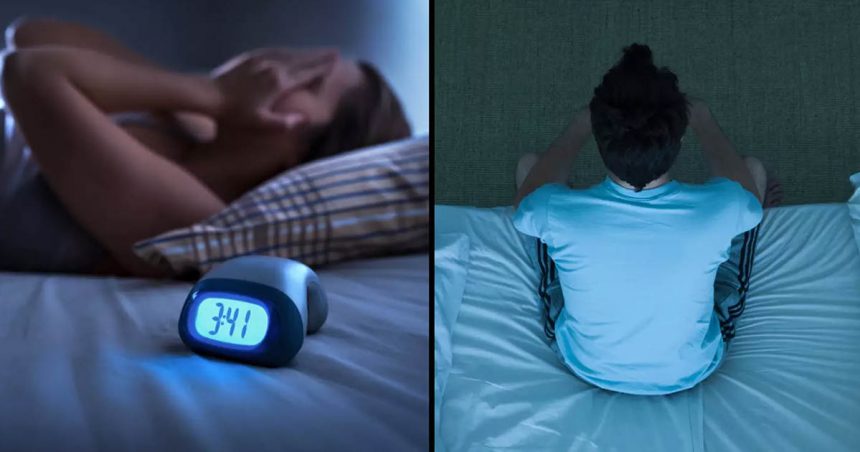Many people struggle with heightened anxiety just before sleep, making it hard to unwind. Mental health experts have identified several reasons for this common occurrence, shedding light on why nighttime conditions can intensify feelings of unease.1
Lack of Daytime Distractions

During the day, distractions keep anxious thoughts at bay. However, at night, when distractions fade, worries can become magnified, leading to overthinking and increased anxiety right before sleep.
The Role of Physical Fatigue

Physical fatigue weakens emotional regulation, making it harder to manage stress as the day ends. This can lead to increased anxiety levels and difficulty winding down before sleep.
Hormonal Fluctuations and Cortisol

Elevated cortisol levels at night can keep the brain alert, making it difficult to relax and fall asleep. For those with chronic stress or anxiety disorders, hormonal imbalances can exacerbate nighttime anxiety.
Fear of the Dark and Lack of Control

Nighttime environment factors, like darkness and isolation, can heighten feelings of unease, leading to increased anxiety before sleep. The lack of control and the unknown of when sleep will come can contribute to this heightened anxiety.
A Vicious Cycle of Anxiety and Sleep Deprivation

Anxiety and sleep deprivation can create a cycle where worrying about sleep leads to more sleepless nights. Avoiding triggers like caffeine and electronics, and practicing relaxation techniques, can help break this cycle.
Understanding and Managing Nighttime Anxiety

Understanding the reasons behind nighttime anxiety and making simple lifestyle adjustments can help manage anxiety before sleep. Creating a calming bedtime routine may provide relief and improve sleep quality.
Sources
- “Mental health experts explain why anxiety can be worse at night and before sleeping.” Lad Bible. Tom Earnshaw. September 5, 2024.
- “Can’t sleep? An expert reveals why anxiety may be worse at night.” Live Science. Louise Bond. January 25, 2023.






